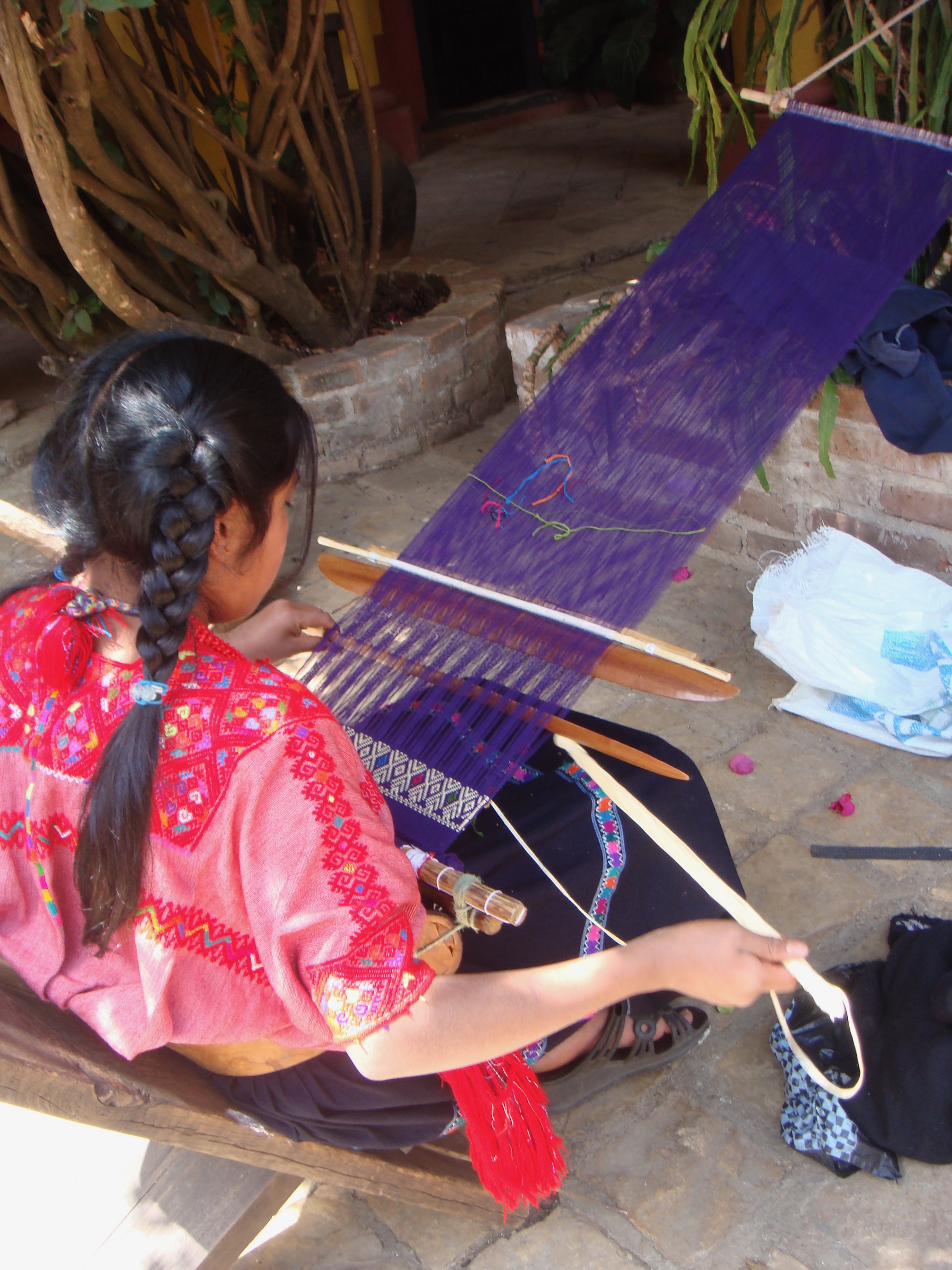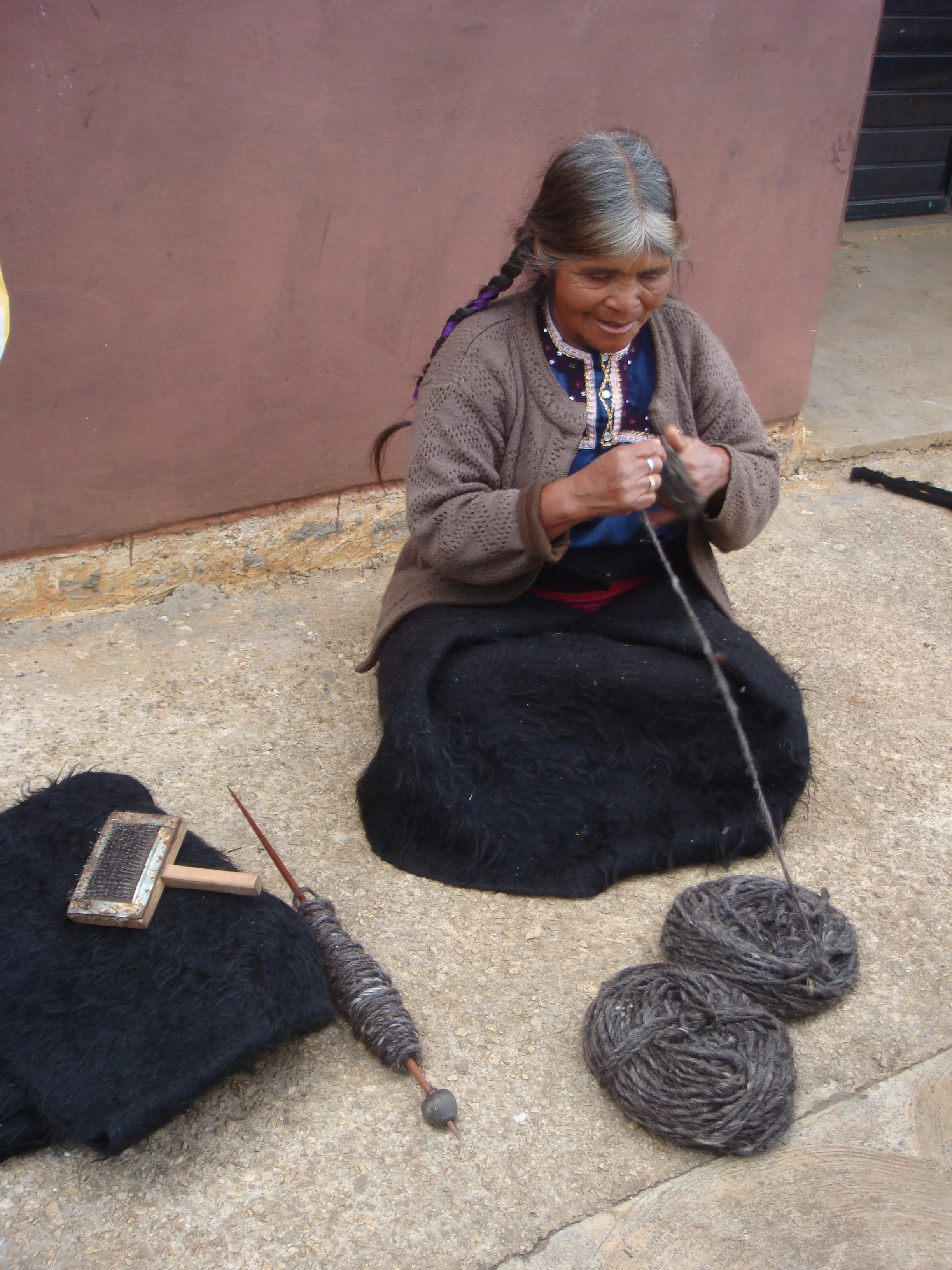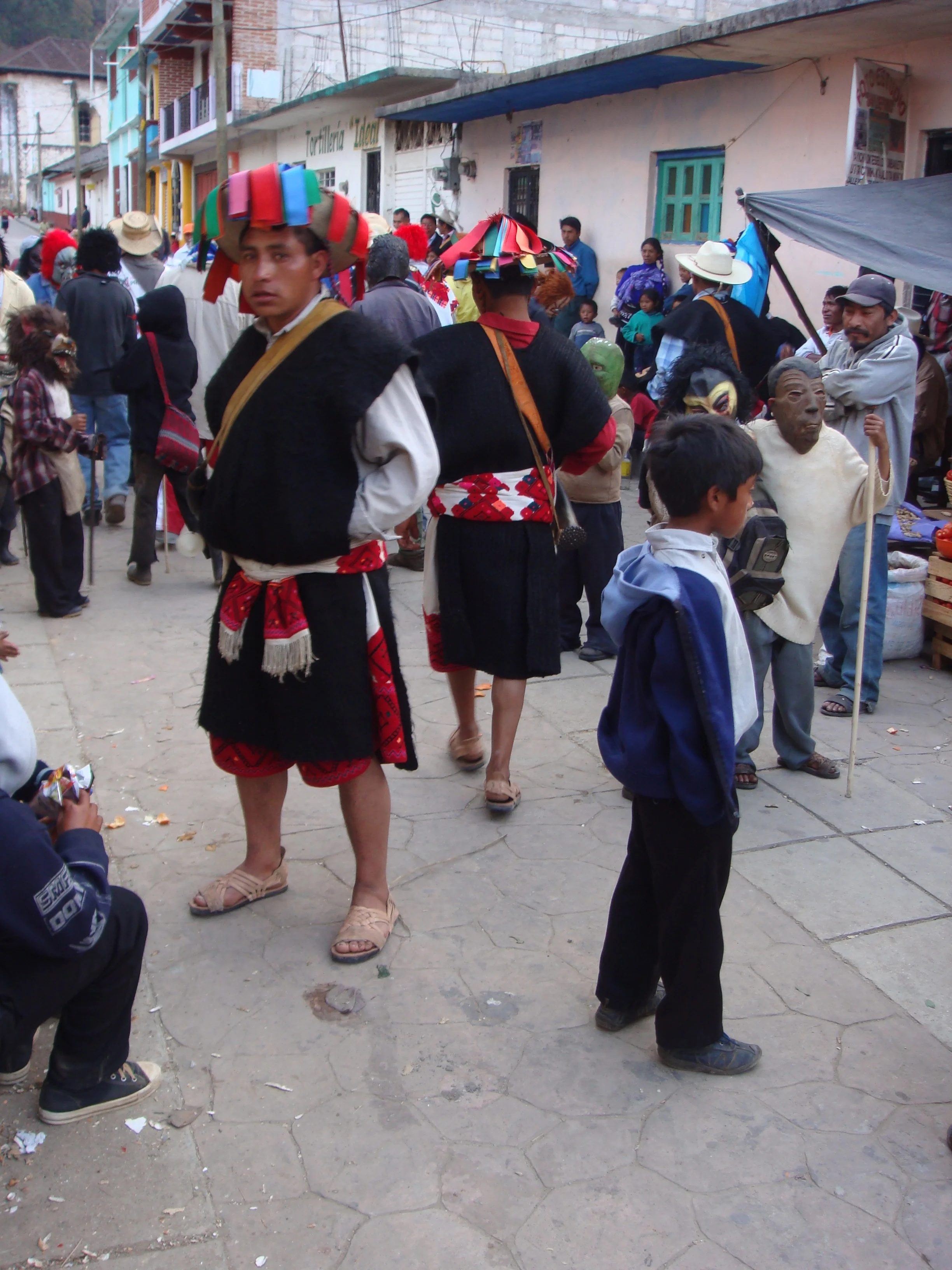CULTURALLY SPEAKING: AVOID CONTROVERSY
In 2014, she presented the topic of ‘Cultural Misappropriation in the Era of Ethical Fashion’ at the Textile Society of America Symposium. At the time, this topic was considered taboo in the fashion industry. However, today it is at the forefront of the fashion agenda. The lecture she delivered played a significant role in raising awareness about the cultural insensitivity prevalent in the fashion industry, paving the way for more productive discussions and initiatives to address this issue.
Recognizing the need to address issues of cultural misappropriation, neocolonialism, diversity, and inclusivity within the fashion industry, Carmen offers consultancy services and workshops to help brands avoid costly PR mistakes that lead to #cancelculture.
CULTURAL SENSITIVITY: TRAINING AND WORKSHOPS
Carmen assists brands and companies in understanding the deeper meanings associated with culture and navigating a culturally sensitive marketplace. She also helps fashion schools expose their students to "culturally traceable fashion" and understand the effects they can have on indigenous communities and their culture as a whole from a fashion anthropology perspective.
Contact Carmen now for a complimentary 15 minute Zoom conversation.
NEOCOLIANISM OF THE GLOBAL SOUTH
Neocolonialism in fashion refers to the domination of Western fashion companies and brands over the global fashion industry, perpetuating a power dynamic that often results in exploitation and marginalization of artisans in developing countries. This impact can be seen in various ways, including:
Exploitation of labor: Western fashion brands often source their raw materials and labor from developing countries, where artisans are paid low wages and work in poor conditions. This exploitation has been fueled by neocolonialism, where Western companies have retained control over the global south, forcing artisans to work for low wages in order to remain competitive in the market.
Cultural appropriation: Western fashion companies often use traditional designs and motifs without giving proper credit or compensation to the artisans who created them. This appropriation of indigenous culture erases the rich history and contributions of artisans, and perpetuates the neocolonialist power dynamic between the West and developing countries.
Market domination: Western fashion brands dominate the global fashion market, making it difficult for artisans to sell their products in the international market. As a result, many artisans are forced to sell their products at low prices or even abandon their craft altogether.
There are international organizations that work to protect and promote the intellectual property rights of artisans, particularly those in developing countries like Mexico. However, the intellectual property laws and practices promoted by these organizations can sometimes be Western-centric, and may not fully align with the cultural values and practices of the artisans they aim to protect. This can lead to situations where artisans' cultural knowledge and traditional designs are not adequately valued or protected, or confuse artisans by imposing their own methods and criteria.
In addition, when working with artisans, these organizations may have more negotiating power and resources, which can result in unequal power dynamics and pressure for artisans to enter into agreements that may not be in their best interest. Further, meaningful participation of artisans in decision-making processes may be limited by language barriers, lack of resources or access, or cultural differences. This can result in decisions being made without full consideration of the needs and perspectives of the artisans.
While these international organizations aim to protect the IP rights of artisans, their work, if not done in a culturally sensitive and equitable manner, it perpetuates a power dynamic that undermines their agency and autonomy.
CASE STUDY: MEXICAN ARTISANS
In response to the misappropriation and plagiarism of traditional textile designs belonging to different indigenous communities in Mexico by international fashion brands, the Mexican Ministry of Culture launched the Original initiative. The initiative is implementing a legal framework that takes into account the opinions of the country's weaving artisans, to protect the cultural rights of this heritage and promote the respectful, ethical, and sustainable commercialization of traditional indigenous textile art.
Through initiatives such as Original, the Mexican government is taking steps to protect its artisans from the negative impacts of neocolonialism in the fashion industry. By promoting and valuing Mexican traditional designs, supporting artisanal education and training, encouraging fair trade and ethical practices, and fostering partnerships with key international organizations, the government is helping to ensure that Mexican artisans can compete in the global fashion market on their terms, with dignity and respect for their intangible cultural traditions and living heritage.
#culuralsensitivity #racialsensitivity #avoidcontroversy #respect #centuriesoftradition #ancientcultures #symbolism
#indigenouscosmolgy #fashionanthropology #neocolonialism #westerncentric #globalsouth #cancelculture
Presentation at the Textile Society of America Symposium 2014
Provenance is NO longer just about literal roots and origin but about positioning values and a message.
FASHION HOUSES should start EMBRACING those CULTURES EXPERTISE and HERITAGE in the creation of different types of goods.
Through the use of digital technologies, profitable fashion brands, patent, copyright, and trademark something which has served them as an inspiration for a number of currently protected intellectual property works. The EXPONENTIAL GROWTH of DIGITAL REPRODUCTION will result in CULTURAL DEPLETION and exploitation of indigenous art by third parties WITHOUT ANY RETRIBUTION OR ATTRIBUTION to the INDIGENOUS CUSTODIANS OF THE CRAFT.
In 2010, as a backlash to MADE IN CHINA, PRADA dedicated two seasons to praise the country of origin, by designing capsule collections honoring the work of different artisans, utilizing traditional craftsmanship, materials, and techniques from specific region with special labelling DECLARING THE ORIGIN of each piece.
NIKE came under fire for the : Pro Tattoo Tech gear : patterned tights. The sacred PE'A TATAU is a traditional RITE OF PASSAGE reserved for the men, in a SPIRITUAL and PAINFUL PROCESS.
The Flyknit campaign featuring the Tarahumara or Rarámuri which means "runners on foot" in their native tongue. The Rarámuri are among the POOREST ETHNIC GROUPS in Mexico. They faced SERIOUS FAMINES in recent years due to drought. Using their image to SELL NIKE shoes seemed terribly insensitive to their needs.
Recommended reading:
Guatemalan artisans are already promoting a COLLECTIVE INTELLECTUAL PROPERTY LAW.
https://intercontinentalcry.org/maya-weavers-propose-collective-intellectual-property-law/









